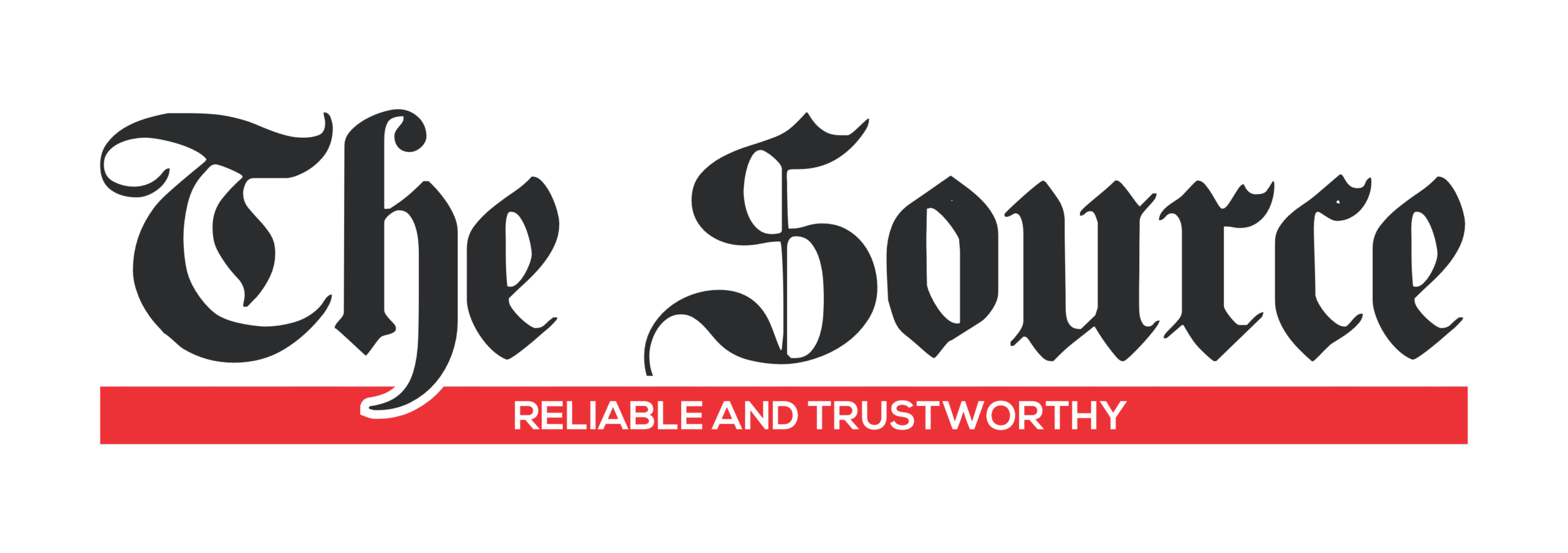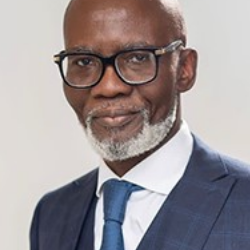The National e-Health Project, designed to digitize and network all government health facilities, began in 2016 with Phase 1 implemented across 25 facilities in the Central Region. This followed a contract between the Ministry of Health (MoH) and Lightwave e-Healthcare Solutions Ltd, signed on 1 April 2016.
Following the pilot’s success, the Ministry engaged the Public Procurement Authority (PPA) and the Ministry of Finance (MoF) in 2018 to support a nationwide rollout (Phase 2).
- In July 2018, the PPA approved MoH’s request for a sole-sourced national rollout worth US $186.79 million.
- The value for the Money Audit done by MOF approved 100 million as the acceptable cost of the project, rather than the 186 million approved by the PPA, making 100 million the cost of the entire project.
- The contract was signed on 29 March 2019 for three years.
The COVID-19 pandemic delayed implementation, disrupted global supply chains, and led to noncompliance by some facilities. Consequently, the project was extended twice, from April 2022 → April 2023, and then to December 2024.
Oversight was provided by a Steering Committee, chaired by the Minister of Health, comprising the GHS Director-General, the MoH IT Directorate, and the CEOs of Teaching Hospitals.
The approved US$100 million scope covered:
- Networking of 950 health facilities,
- Training of health staff (over 150,000 workers to date), and
- Continuous support and maintenance services.
To date, Lightwave has digitized:
- 4 Teaching Hospitals,
- 6 Regional Hospitals,
- 243 District/Municipal Hospitals,
- 2 Psychiatric Hospitals,
- 49 Polyclinics, and
- 157 Health Centres.
Outstanding work involves the remaining health centres, roughly equivalent to the workload of three teaching hospitals.
Payments have been 62% from MoF and 38% from NHIA, totaling US$76.99 million paid and US$23 million outstanding. As of December 2024, reconciliation showed an unutilized advance of US $10.6 million, yet to be expended by the vendor.
False Claims by the Current Minister
- Claim: Lightwave is a foreign company.
Fact: Lightwave e-Healthcare Solutions Ltd is a wholly Ghanaian-owned company, incorporated in 2015.
- Claim: The company switched off the system.
Fact: There is no evidence of such an act. The company merely informed the Minister of the expiry of its contract and requested a renewal. The Ministry declined to extend or provide a legal framework for continued service.
As stipulated under Clause 28.1–28.2, unresolved disputes after 28 days should be referred to a third-party adjudicator. The Minister bypassed this process and unilaterally engaged a new vendor, without due process or transparent justification.
- Claim: Health data of Ghanaians sits in India.
Fact: This is false.
- Each health facility maintains local servers where patient data is stored.
- Data are merely backed up to the MoH data centre on the first floor of the Ministry’s headquarters.
- Previously hosted by NHIA, these servers were relocated to MoH’s new data room after construction.
Ghana’s data has continuously resided in Ghana.
- Claim: Lightwave supplied inferior hardware.
Fact: The contract required hardware that met the stated specifications, not specific brands. Lightwave met those technical specifications.
- Claim: GHIMS will replace Lightwave and ensure Ghana owns its data.
Fact:
- Lightwave is already a Ghanaian company, and data ownership has always rested with the Republic of Ghana.
- The so-called Ghana Health Information Management System (GHIMS) is not a state-owned entity but a private company, similar in legal nature to Lightwave.
- GHIMS has digitized fewer than five facilities and has no nationwide pilot, yet it is being positioned to redo eight years of work already completed by Lightwave.
Procedural and Governance Concerns
- The Minister has denied Lightwave access to respond to the audit findings and withheld the audit report itself.
- The Attorney-General, acting as the government’s legal adviser, cannot simultaneously serve as an independent adjudicator in a dispute involving the MoH, contrary to the contract’s dispute-resolution clause.
- The unilateral termination and replacement of a functional national health system threatens continuity of care and risk data loss for over 25 million Ghanaians.
This is a predetermined agenda to discredit Lightwave and re-award its work to another vendor.
The Minister’s repeated public statements, couched in derogatory language toward his predecessors, ignore the project’s achievements:
- Over 150,000 health workers trained,
- 450+ facilities networked, and
- Improved doctor-patient communication, billing integration, and NHIS linkages.
Calling such a legacy a “mess” is both inaccurate and disrespectful to Ghanaian professionals who built it.
Financial and Strategic Implications
The current Minister now proposes paying half the value of the Lightwave contract to a new vendor to redo existing work, despite Ghana already owning the data and infrastructure.
If even 20% of that sum is spent duplicating completed work, it would constitute gross financial waste.
If the new vendor truly has superior capacity, the logical approach would be to assign them the remaining 500 facilities, rather than repeating work already completed.
Recommendation
The Lightwave controversy is a manufactured storm, an attempt to “give a dog a bad name so it can be hanged.”
After investing over US $73 million, training tens of thousands of staff, and connecting hundreds of facilities, Ghana cannot afford to discard a working national system for political or commercial motives.
I recommend that the Chief of Staff intervene to mediate between the MoH and Lightwave e-Healthcare Solutions Ltd.
A fair, transparent resolution will protect Ghana’s investment, safeguard national health data, and prevent needless duplication of effort.






